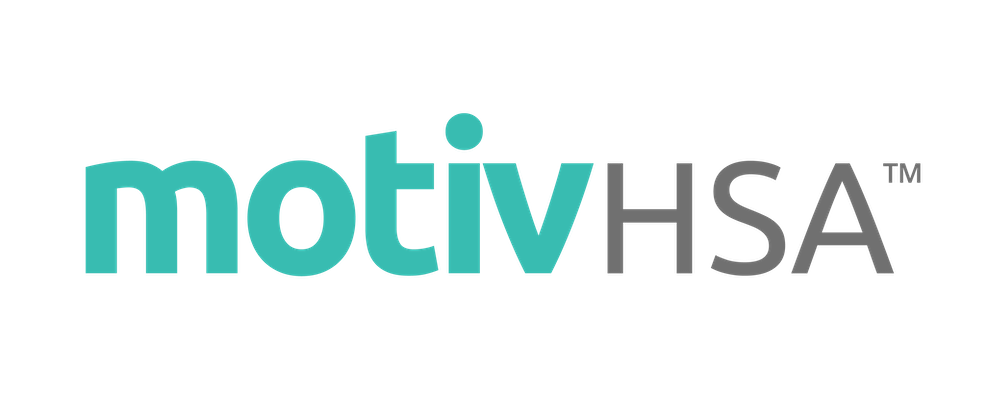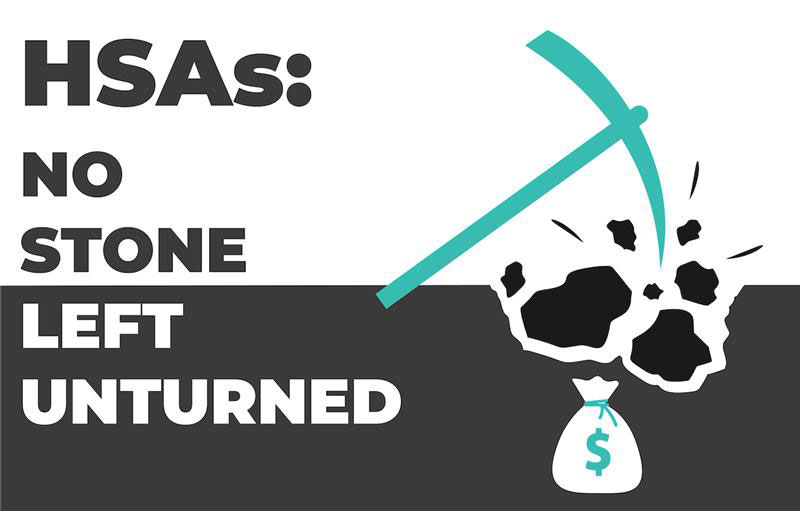Health Savings Accounts (HSAs) are widely recognized for their triple-tax advantage, providing an effective way to save on healthcare costs. While the basics of this financial tool are well-known, there are many lesser-known strategies that can significantly enhance the benefits of your HSA. Beyond the triple-tax advantage, HSAs present additional tax breaks and serve as an excellent vehicle for retirement savings. Even for those who believe retirement is a distant concern, it’s noteworthy that HSAs are gaining popularity among millennials and Gen Z due to their tax-free coverage of escalating healthcare expenses.
If you organize this information into three key takeaways, they would be:
1. Maximize Your Contributions: Ensure you contribute the maximum allowable amounts to your HSA each year or get as close as possible. HSA contribution limits for 2024 are $ 4,150 for self-only coverage and $ 8,300 for family coverage. If you’re married, consider splitting your HSA into two accounts, allowing each spouse to make an annual $1,000 catch-up contribution after turning 55. Starting contributions at age 50 can still lead to a substantial nest egg, as these are peak earning years. It’s important to note that enrolling in Medicare prevents further contributions to your HSA.
2. Leave Funds Untouched: While HSAs are an excellent safety net for unforeseen medical expenses, consider paying for healthcare out-of-pocket if feasible, especially if you are young and healthy. Adam Levy, an expert in the field, suggests holding onto your receipts for years before reimbursing yourself from your HSA. This strategy allows your HSA investments more time to grow tax-free, with the ideal scenario being waiting until retirement to withdraw funds for non-medical expenses.
3. Invest: Capitalize on the tax-free growth potential of HSAs by investing your savings in mutual funds, stocks, or bonds. Investing not only accelerates growth but also provides better returns compared to traditional bank accounts. MotivHSA, for instance, offers access to investment options that can substantially boost your savings. This is particularly crucial considering the alarming fact that the average retiring couple needs over $280,000 to cover healthcare expenses throughout their retirement.
Tax Secrets and Additional Benefits of HSAs:
1. No Required Minimum Distributions (RMDs): Unlike traditional retirement accounts, HSAs do not mandate annual withdrawals, offering greater flexibility in managing your funds during retirement.
2. Non-Withdrawal Tax Breaks: HSAs provide tax breaks even when funds go untouched. These funds can compound for years, and even if not withdrawn for medical expenses, you can submit receipts for tax-free reimbursement in the future.
3. Save Now, Cash in Later: You can earn tax-free interest on HSA contributions by paying for qualified medical expenses out-of-pocket and reimbursing yourself later. This strategy allows you to accumulate receipts over time and receive tax-free reimbursement for multiple expenses when needed.
4. Direct Contributions and Employer Tax Benefits: Setting up payroll deductions for HSA contributions ensures automatic, tax-free growth. Additionally, direct contributions may qualify for tax deductions when filing your tax return. Employers also benefit from tax deductions on HSA contributions, resulting in significant savings.
5. Inheritance and Longevity: HSA funds can be transferred to spouses without tax implications, ensuring that your life savings can continue to benefit your family.
As the landscape of healthcare and retirement planning evolves, HSAs are emerging as a powerful tool to navigate these financial challenges. With inflation on the rise, HSAs offer a compelling solution that extends beyond healthcare, making them an essential consideration for individuals seeking long-term financial stability. However, it’s crucial to note that using HSA funds for non-medical expenses after the age of 65 subjects them to regular taxation.
Sources:
United Healthcare – HSA 2024 Limits
CNBC – 5 steps to make the most of your HSA
The Motley Fool – Are You Making the Most of Your HSA?
Kiplinger – Do You Realize the Power of HSAs? Probably Not.
Health Equity – The Best-Kept HSA Secret

